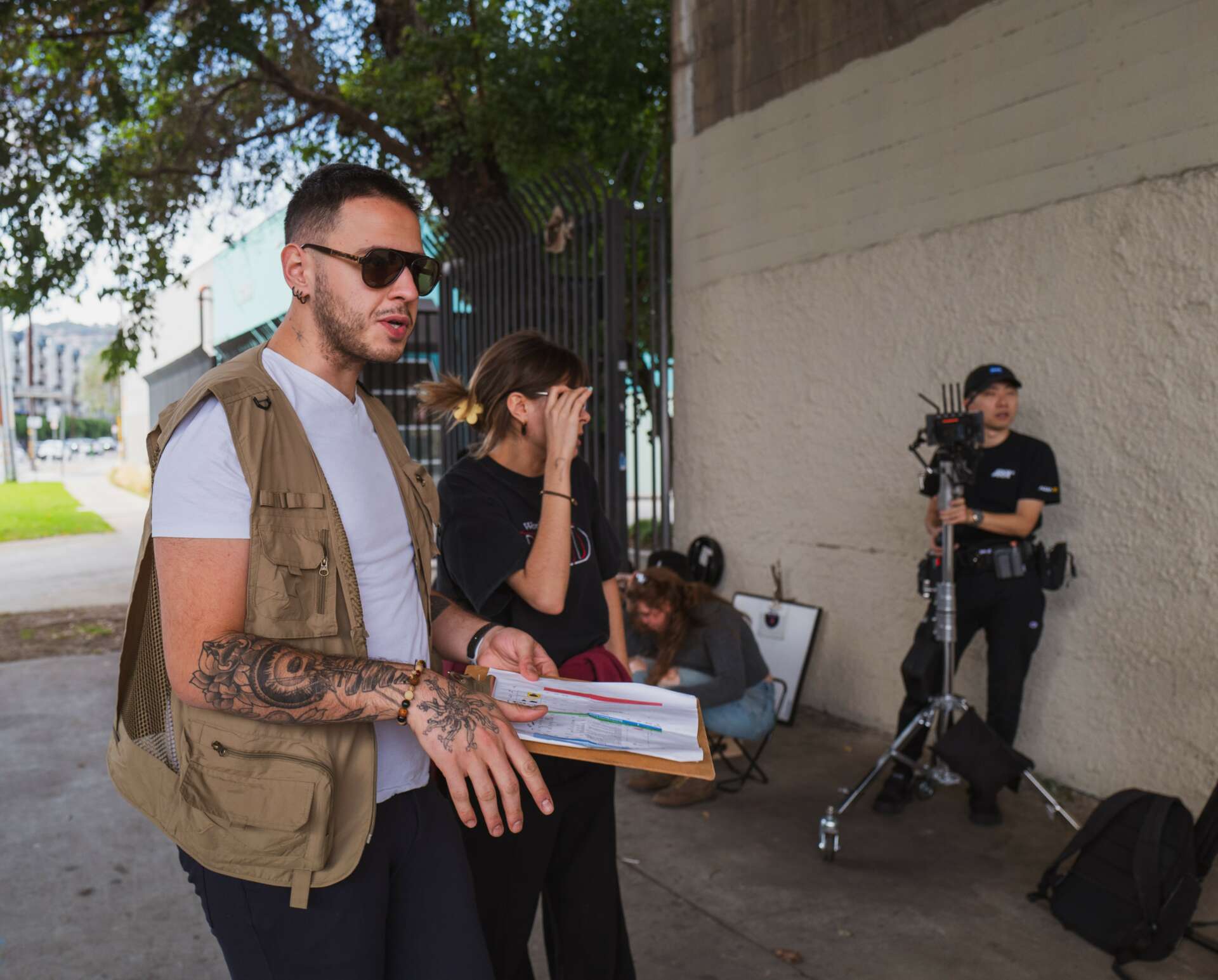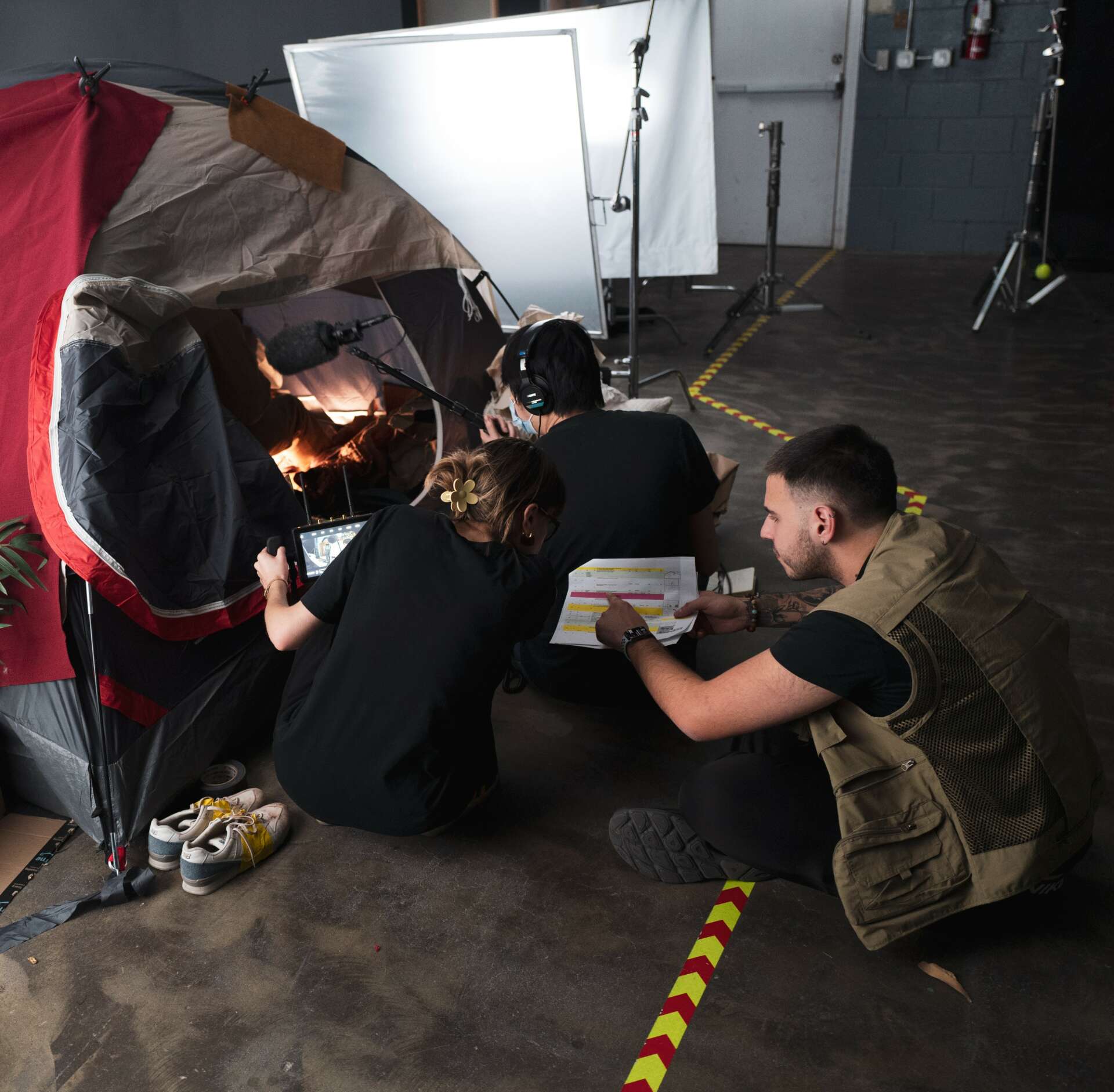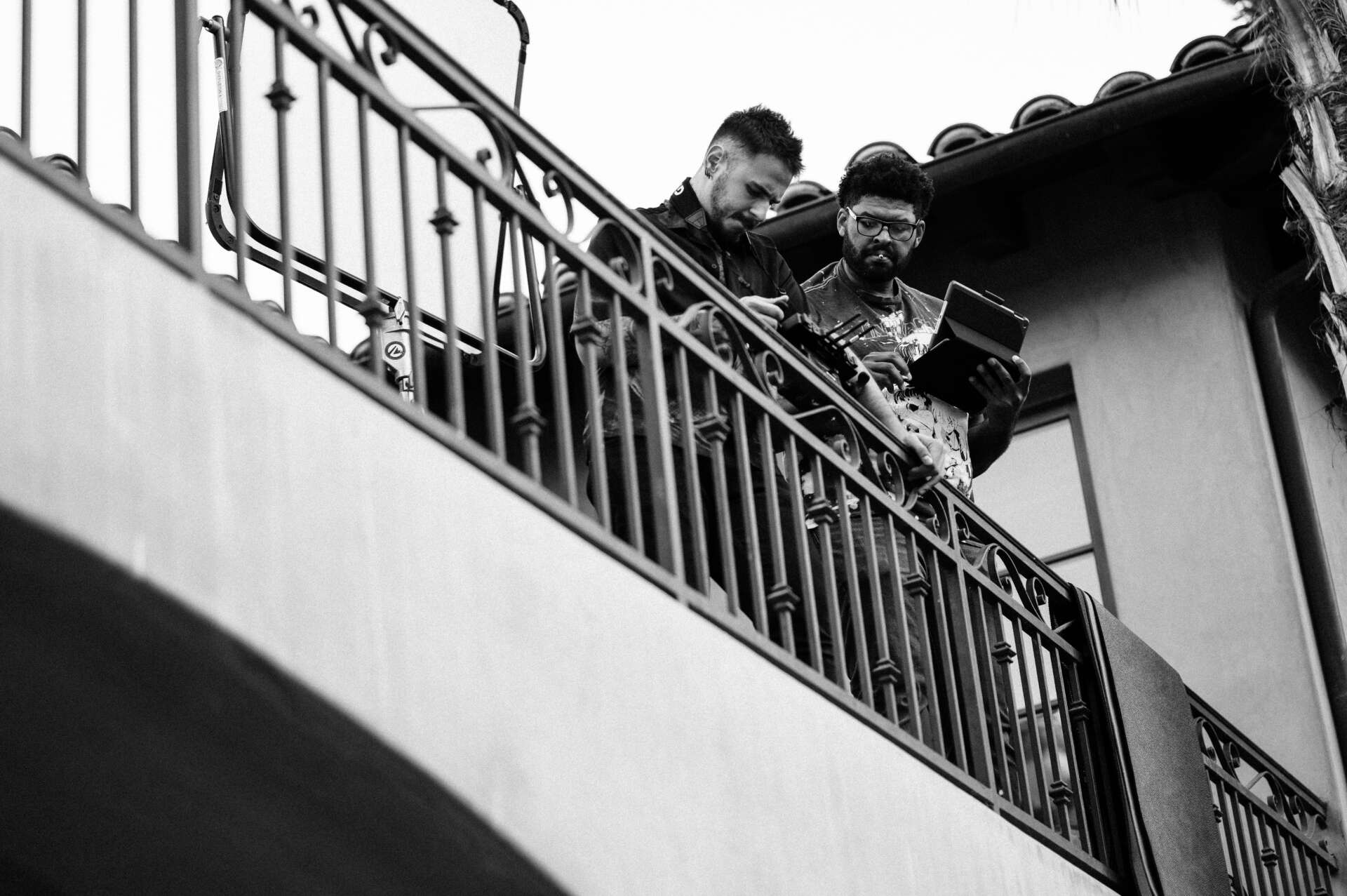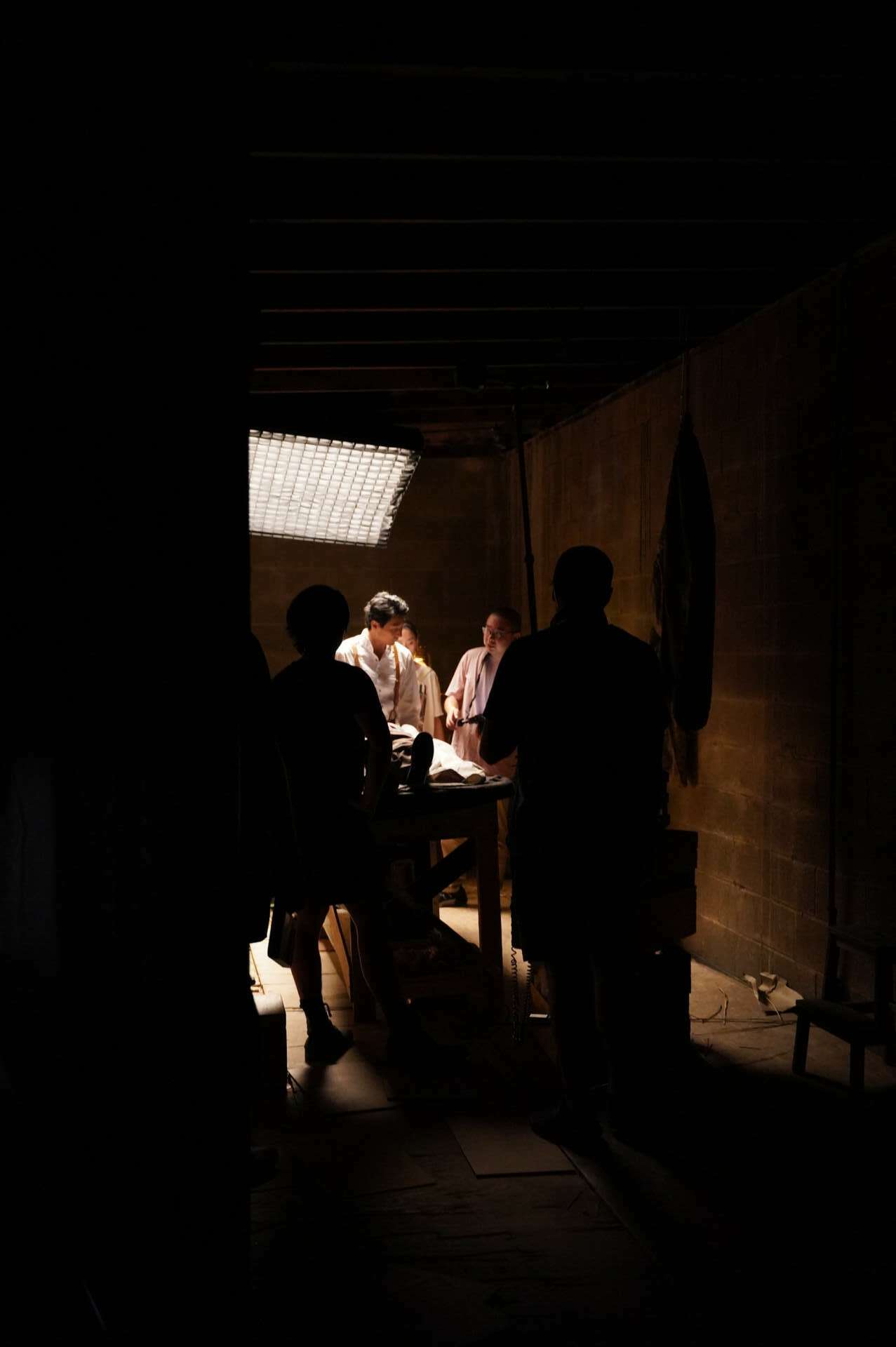We’re excited to introduce you to the always interesting and insightful Aslan Dalgic. We hope you’ll enjoy our conversation with Aslan below.
Aslan, thanks for taking the time to share your stories with us today We’d love to hear about a project that you’ve worked on that’s meant a lot to you.
This year, I am launching a non-profit organization called Devotion to Cinema, with a mission to elevate media literacy and appreciation of storytelling through cinema as a profound art form. We are producing a wide range of educational programming, including documentary series, video essays and interviews. Our commitment extends to nurturing innovation and creativity within the industry by sponsoring grants to support promising projects, championing new voices and talents in the cinematic world. Our future projects are to create media and journalism equipment to underfunded schools. We gave our first grant to a horror short called “Streets We Share,” directed by Lily Bones. Produced by Emberlore Productions, my production company with my partner Lilith Mo, it’s set to be completed in March. It’s a brilliant story, inspired by Junji Ito, about an unhoused man’s struggle to survive the night when there is only a tent separating him from a malevolent entity staked outside.
Devotion to Cinema has been with me since the beginning of my journey in filmmaking. My role is to oversee and act as an executive producer to these projects. The support I’ve been able to garner so far is humbling, and I look forward to announcing our board in the upcoming months.


Great, appreciate you sharing that with us. Before we ask you to share more of your insights, can you take a moment to introduce yourself and how you got to where you are today to our readers.
Born in Turkey, I also grew-up in Switzerland, Pakistan, Vietnam, and Hong Kong. This mobile upbringing left me with a profound appreciation for history and culture. Storytelling itself weaves a thread throughout the tapestry of culture, which is why I love to produce narratives and documentaries exploring the intersections of cultures. My favorite genres are horror, dramas, historical fiction, and sci-fi. My documentaries shed light on climate change and critical social justice issues such as antisemitism.
USC School of Cinematic Arts provided a comprehensive understanding of filmmaking and allowed me to meet so many creative and hardworking people, as well as lifelong friends. In addition to my projects and studies, I had the privilege of interning for Permut Presentations, Entertainment Lab, and Blumhouse Productions.
Upon graduating, I work as a producer for Beshert Creative, where I began as an assistant. The president of Beshert is producer, writer, and political activist David Bender. At Beshert, we work closely with the Kunhardt Film Foundation, a non-profit that is creating an archive of interviews with activists, leaders, artists, historians, and ordinary people who have extraordinary stories.The Archive contains interviews on leadership, civil rights, the women’s movement, mass incarceration, arts, culture, and history. It includes personal storytelling from John Lewis, John McCain, Gloria Steinem, Warren Buffett, Joan Baez, and more.
A short documentary I produced as my thesis project at USC, “Waves Apart” (2022) directed by Josh Greene, exposes the dark antisemitic history in California’s surfing culture. It was a finalist for the 49th Student Academy Award for Best Documentary and won the Emerging Filmmaker Award for Documentary at the Cannes Film Festival American Pavillion. Waves Apart screened at the Oscar-qualifying Santa Barbara International Film Festival and the American Documentary and Animation Film Festival.
I also produced a short film hitting the festival circuits called “Neither Donkey Nor Horse”, directed by Robin Wang. Created with a grant from the Sloan Foundation, it tells the true story of Dr. Wu, a doctor must convince his obstinate colleagues to put on his bizarre invention: the world’s first modern medical mask. It’s truly a haunting story set during the Manchurian Plague in 1910.


Is there mission driving your creative journey?
My first mentor and legendary documentary filmmaker, Paul Saltzman, taught me to have a northstar of values and missions as opposed to a highly specific goal. I carry that lesson with me. I think it’s why people considered me more of an animal rights activist than a filmmaker. This view has allowed me to experiment and eventually discover producing to be my ultimate passion. I gravitate towards stories that uncover forgotten histories, explore cultures, and satisfy the itch for something new.


What’s the most rewarding aspect of being a creative in your experience?
The most rewarding aspect is the audience reaction. At the Santa Barbara screening of “Waves Apart,” I felt overwhelmed with emotion when we were approached by numerous people who shared their reactions to the film and personal accounts of antisemitism. It was rejuvenating and I think back to that moment for motivation.
Second, it’s the chase after authenticity. When we were filming “Waves Apart,” we witnessed a beautiful moment of pure authenticity and vulnerability during an interview with South African surfing legend, Shaun Tomson. It was an honor and privilege to hear his story and be able to capture it. I think all of us filmmakers chase after that feeling of authenticity.
On top of all the richness we can infuse into a film, at the end of the day, it has to be captivating to watch. So I always refer to Harry Warner’s famous saying: educate, enlighten & entertain.

Contact Info:
- Instagram: https://www.instagram.com/aslan.dalgic/
Image Credits
Amber Jones Ben Wilson


